Looking out for Afghan Taliban? TTP stops claiming attacks publicly
Three new militant groups have emerged to claim responsibility for attacks in Pakistan instead
Kamran Ali
Correspondent Nukta
Kamran Ali, a seasoned journalist from Khyber Pakhtunkhwa, Pakistan, has a decade of experience covering terrorism, human rights, politics, economy, climate change, culture, and sports. With an MS in Media Studies, he has worked across print, radio, TV, and digital media, producing investigative reports and co-hosting shows that highlight critical issues.
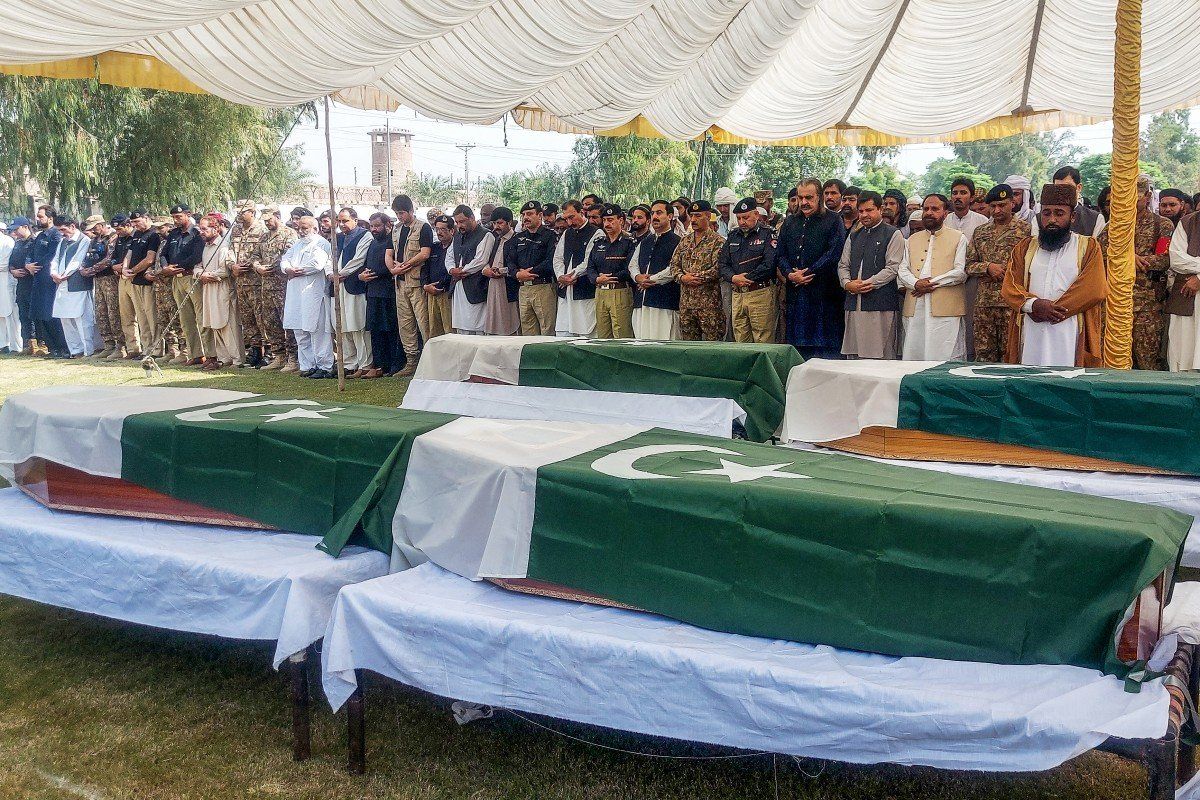
Mourners attend the funeral of police officers killed in a suicide bombing in Dera Ismail Khan, Khyber Pakhtunkhwa, on Oct. 11, 2025. The newly formed Tahaffuz Imarat Islami Force (TIF) claimed responsibility.
AFP
New outfits include Tahaffuz Imarat Islami Force and Ansarul Jihad
TTP previously claimed up to 15 attacks daily through official channels
Change mirrors earlier tactic when proxy groups emerged during talks
As Pakistan intensifies pressure on Afghanistan to curb cross-border militancy, the Tehreek-e-Taliban Pakistan (TTP) appears to have shifted its strategy by ceasing public claims of responsibility for attacks inside Pakistan—an apparent attempt to alleviate mounting diplomatic pressure on the Afghan Taliban government.
According to security sources, the TTP, which had long claimed responsibility for attacks across the country, has abruptly ceased issuing statements through its central media wing. "In place of the TTP's official claims, three new militant outfits have emerged, releasing their own statements," the sources said.
The groups reportedly include Tahaffuz Imarat Islami Force (TIF), Lashkar-e-Dafa al-Quds, and Ansarul Jihad, each with its own spokesperson. "These groups began claiming responsibility for attacks following recent clashes between Pakistan and Afghanistan," the sources added.
Riffat Orakzai, a senior journalist covering conflict and militancy, told Nukta that the TTP's new strategy reflects a response to Pakistan's growing resolve to eliminate terrorism. "It appears the TTP has taken this step independently, as its leadership realizes that the Afghan Taliban could ultimately hold them accountable for any fallout inside Afghanistan," Orakzai said.
Escalating tensions
The development comes amid Pakistan's sustained pressure on the Afghan Taliban to prevent the use of Afghan territory for attacks against Pakistan. Tensions escalated following a series of explosions in Kabul on October 9, which the Taliban blamed on Pakistan. Afghanistan subsequently struck Pakistan's border areas, prompting Islamabad to retaliate with cross-border fire, causing casualties and damage on both sides.
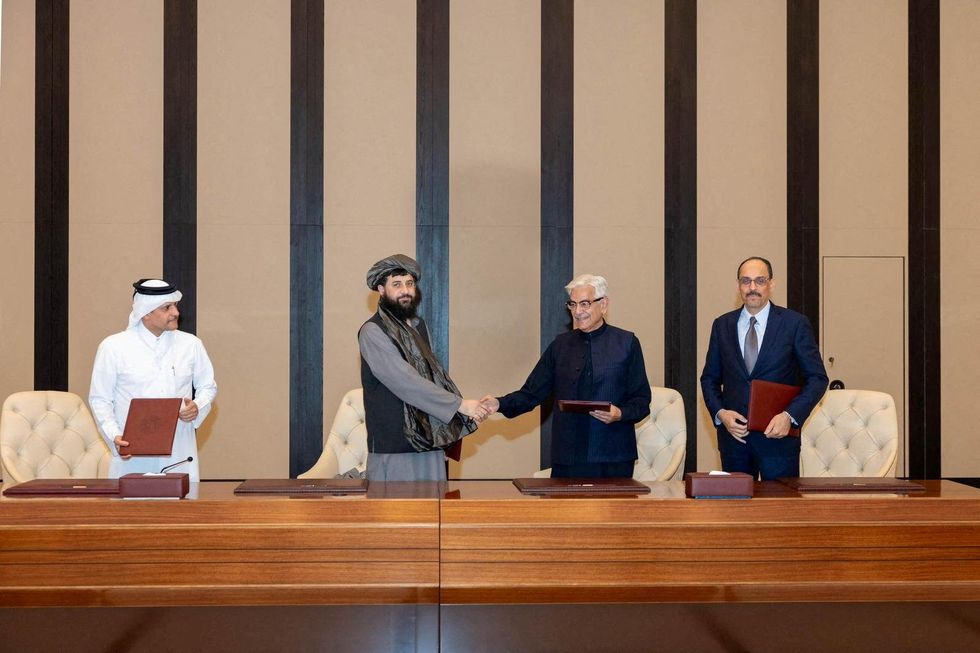
Since then, Pakistan and the Afghan Taliban have held multiple rounds of talks in Qatar and Turkey, but no breakthrough has been achieved so far.
TTP’s silence
Orakzai added that the TTP used to issue up to 15 claims daily but has now vanished from the scene without explanation. "Previously, the group often claimed responsibility for attacks it hadn't even actually carried out. [The change in strategy] suggests it is now operating under significant pressure," he noted.
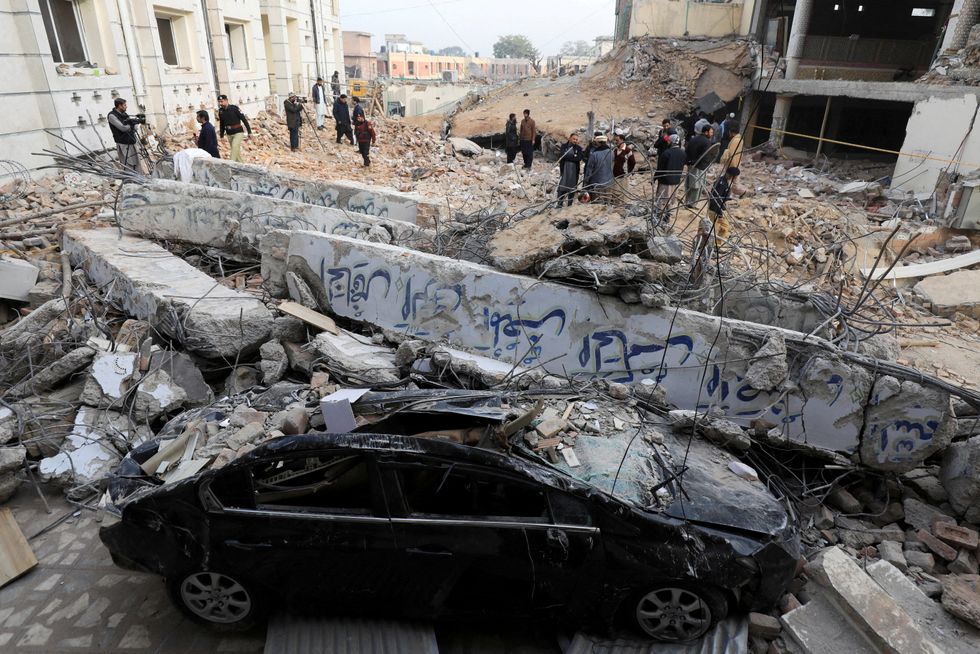
Jawad Yousafzai, a journalist and conflict researcher, believes the TTP's move is strategic, aimed at shielding itself from accountability. "The TTP also operates as a propaganda outfit, often attempting to confuse the public in order to exploit uncertainty and gain advantage in such situations," he added.
Future implications
Yousafzai stated that the TTP's temporary silence benefits Pakistan, as the number of attacks has declined. However, he cautioned that this does not mean the group has ceased operations; instead, it appears to be regrouping and strategizing, which could signal a surge in future attacks, even if they aren't under the TTP banner.
"The pattern is similar to previous phases [of negotiations], such as during the Pakistan-TTP peace talks, when a proxy group called Tehreek-e-Jihad Pakistan (TJP) emerged. It seems the TTP is once again waiting for the outcome of talks and exploring possible options," he observed.
Yousafzai added that since the TTP has seemingly shifted its focus from civilian targets to security forces, these new groups may be serving its broader interests in maintaining plausible deniability. "If Afghanistan fails to intervene and Pakistan retaliates, groups like TIF could carry out attacks inside Pakistan, even against civilians, while the TTP distances itself and denies involvement," he warned.




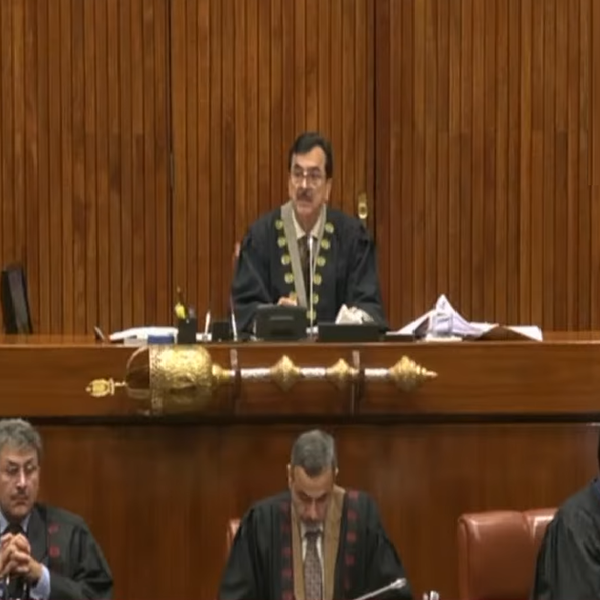
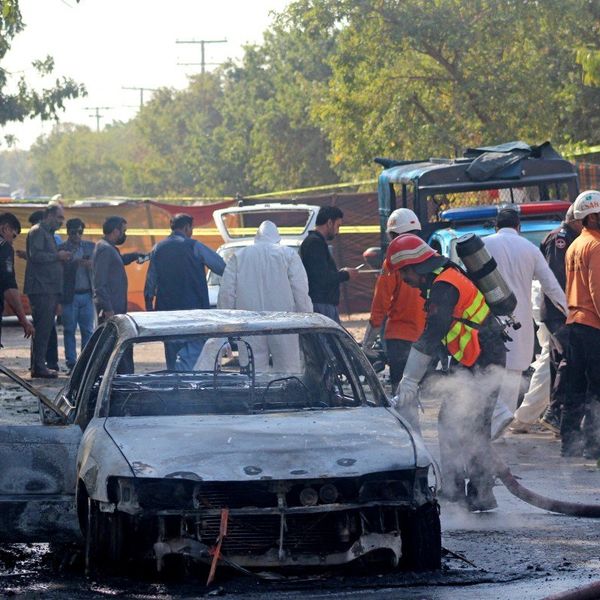




Comments
See what people are discussing